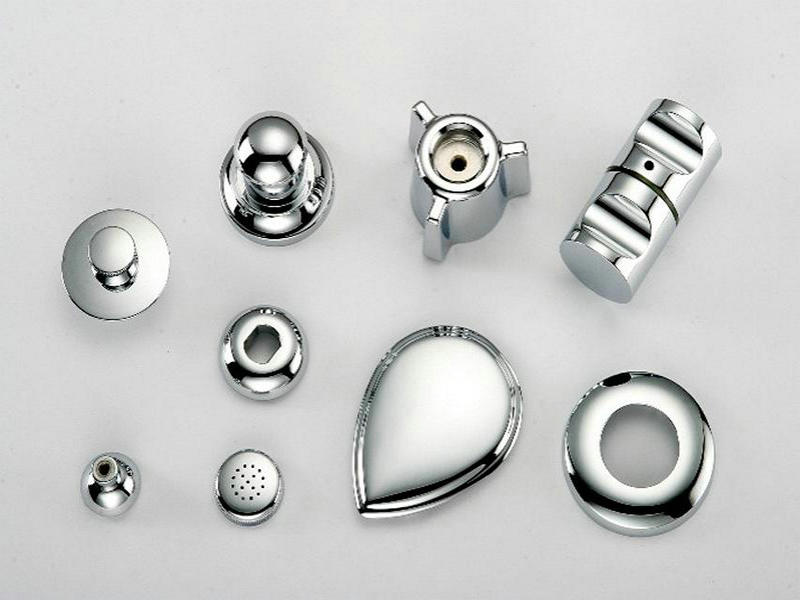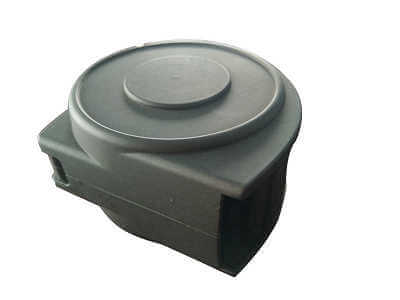Zinc is used to coat steel and protect it from corrosion by galvanizing processes, such as bronze, brass, aluminium and zinc-based alloys (Zamac), with architectural and chemical applications.
Zamac is an alloy where the main component or base is Zinc (Zn) with alloys in much lower proportion of Aluminum (Al), Copper (Cu) and Magnesium (Mg). Zinc alloy die casting is used in die casting processes and centrifugal cast iron, used in the manufacture of numerous products. Thanks to its excellent moldability that allows the production of complex and small parts such as earrings, buttons, buckles, zippers, sealers for the textile sector among others.

Characteristics of zinc alloys:
- High strength and hardness
- Excellent electrical conductivity
- High thermal conductivity
- Low cost raw material
- High accuracy and dimensional stability
- Excellent thin wall capacity
- Cold forming ability, which facilitates bonding
- High quality finishes characteristics
- Exceptional corrosion resistance
- Full recyclability
The high strength and hardness of zinc lends it to many solutions and is the ideal alternative to machined, pressed, stamped and component manufactured components.
Zinc Applications:
- Complex zinc shells in the form of a network with precise thin walls offer excellent electrical performance and protection properties.
- Patented multi-slide die casting process and superior thin-walled capabilities make us the leading supplier of zinc components for a wide range of consumer electronic devices.
- The zinc's capability, its wear resistance, and structural integrity make it perfect for the creation of multifaceted and highly complex shapes used in automotive safety and in the electronics industry. High pressures die casting play important role in casting industry.
The strength of aluminium, corrosion resistance, and heat dissipating properties offer important advantages to mechanical designers. Patented thin-wall aluminium technology has made injected aluminium cast iron an option for more applications.
Aluminium applications:
- Aluminium castings improve fuel efficiency, and contribute to weight saving requirements.
- Aluminium is used in a wide range of infrastructure networks and equipment in the telecommunications and computer sectors, because RF filter boxes and housings require heat dissipation.
- In portable devices, aluminium castings provide EMI / RFI protection, stiffness and durability with minimum weight.
- Due to excellent electrical performance of aluminium and protective properties, even in high temperature environments, die-cast aluminium is ideal for electronic connectors and housings.
Advantages of Zinc die-casting
Zinc has the ability to create lighter parts with more surface finish options than other die cast alloys. Zinc can also withstand the highest operating temperatures of all die-cast alloys. In addition, cast Zinc is versatile, corrosion resistant; It retains high dimensional stability with thin walls and can be used in almost any industry.
Zinc casting is the ideal production method for high volume parts. Especially, the pieces are driven by the price targets of the rock bottom. In addition, typical molds and tools will last between 60,000 and 100,000 shots. These two reasons alone show why zinc smelting is the ideal choice for buyers of zinc components worldwide.

No comments:
Post a Comment